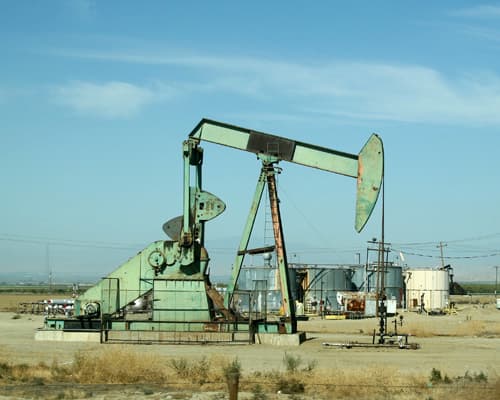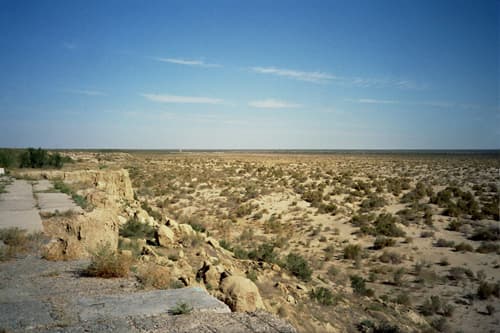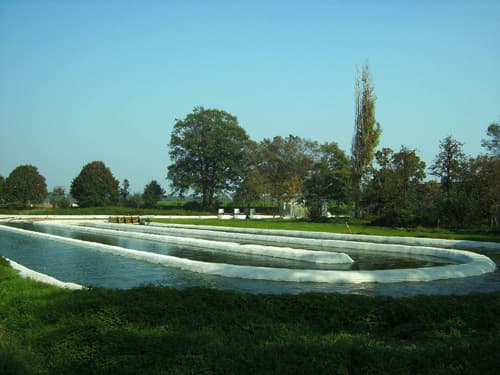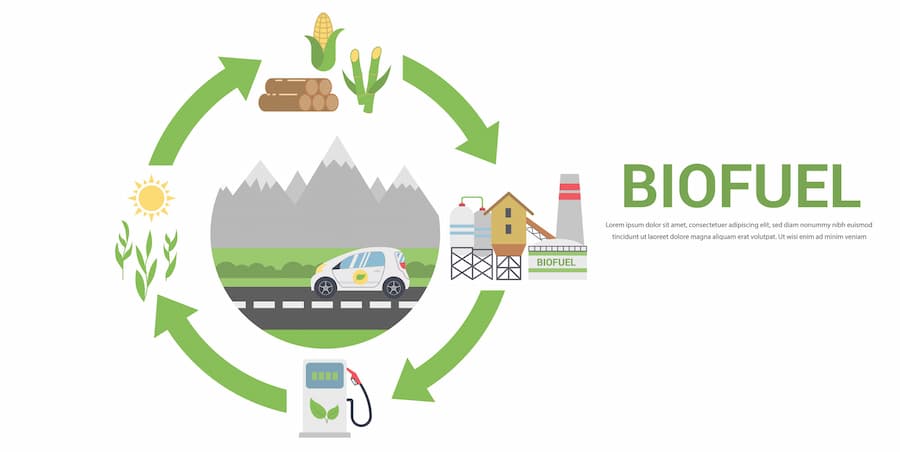The Promise of Algae Fuel
Algae fuel is yet another form of alternative energy that will help you stop climate change. With the ever expanding urban scene, gas-guzzling vehicles will always be a problem.
Algae fuel, also known as algal biofuel, is derived from algae, which are simple photosynthetic organisms found in various aquatic environments. Unlike traditional biofuels that rely on food crops, algae can be grown in saltwater, freshwater, and even wastewater, making them an incredibly versatile and sustainable source of biomass. Algae are highly efficient at converting sunlight and carbon dioxide into lipids (oils), which can be processed into biodiesel, bioethanol, and other biofuels. The production process involves cultivating algae in ponds or photobioreactors, harvesting the biomass, and then extracting and refining the oils into usable fuels. This process is advantageous because algae have a much higher yield per acre compared to terrestrial crops and can be grown on non-arable land, thus not competing with food production.
Investing in algae fuel is crucial for mitigating climate change due to its numerous environmental benefits. Algae fuel production not only captures and utilizes carbon dioxide, a major greenhouse gas, but also provides a renewable energy source that can replace fossil fuels. The carbon dioxide absorbed during the growth of algae offsets the emissions produced when the biofuel is burned, creating a closed carbon cycle with a minimal net increase in atmospheric CO₂ levels. Moreover, algae cultivation can be integrated with wastewater treatment processes, helping to remove nutrients and contaminants from water bodies, thereby preventing environmental pollution. By adopting algae fuel, we can significantly reduce our reliance on fossil fuels, lower greenhouse gas emissions, and promote a more sustainable energy future.
An Alternative to Gasoline
Not only does gas cost a lot, but it has a very negative impact on the environment. Moreover, gas prices will simply soar in the next few years and no economist will tell you otherwise.
Simultaneously, many families today are facing financial problems in developed countries and those living in third world countries would not be able to afford them in any event.
So, what is the solution for these environmental and economic problems? Truly, we need to find a source of renewable energy that is cost effective and does not affect the quality of the air around us.

Advantages of Biofuel
The biofuel revolution has helped open the doors to better options that will become easier on our wallets as well as our lungs.
Biofuel is defined as any fuel that is produced from an organic material, like corn or algae.
In order for this method to work, the material used must be something that is fast and easy to regrow, that way we do not end up running out of it like we are with oil.
It has recently become a trend to purchase bigger and bigger automobiles, like sport utility vehicles and pickup trucks, so the sooner we find an alternative fuel that is cheap to maintain, the better.
On a side note, having a smaller car (and fewer cars) will help both your finances and the environment.
Problems with Ethanol
Some may consider ethanol as a decent option, and yes it is inexpensive and it does not harm the atmosphere as much as conventional fossil fuels, but ethanol comes from corn and the amount of land mass it takes in order to harvest the corn is immense.
Ethanol production also raises a concern about whether we should be dedicating so much land just for biofuel production, rather than growing crops for food. In a world with an ever growing population, food is always a concern.
The next option, which is growing rapidly in popularity, is algae fuel.

Advantages of Algae Fuel
Algae are grown in the ocean and other water sources, like retention ponds or lakes, so it does not take up land that could be used for food crops.
Requires Less Land
Also, fifteen thousand miles of algae, according to the US Department of Energy, can produce enough biofuel to eliminate the need for petroleum fuel in the whole country.
If these claims are correct, it would only take about 1/7 of the land that it takes to grow corn fields and it would produce about 100 times more fuel per square mile.

Can be Grown on Any Type of Land
Another thing that makes algae a better alternative for energy is that it does not require any special type of soil to grow, because it grows in water.
In essence, farmers can use the land on their property to make a retention pond for algae production in an area that couldn't grow regular food crops.

A New Hope for Biofuels
If this new alternative fuel can really catch on, it will change the biofuel industry drastically, and for the better.
At first, it may be a bit pricey due to the upfront costs to develop areas to grow algae and other investments required in order to set up an algae farm.
After the initial investment, however, the cost would greatly decline. Since oil prices are on the rise, we may hear some good news for those looking forward to more "green" options, like algae fuel.
Further Reading and Sources
- Home
- Alternative Energy
- Algae Fuel
Join the Community and Newsletter (4500 Subscribers)
You can subscribe to my Substack Page or see the archives of previous posts. More great content coming soon!
Recent Articles
-
Quotes on Climate Change
Nov 24, 25 07:29 PM
Here is a list of quotes on climate change divided into different categories, many of which include people you have previously heard of. -
Climate Change Guide
May 09, 25 08:36 PM
The Climate Change Guide is your guide to a more sustainable future, and will provide you with all relevant information on mankind's greatest challenge. -
Laurent Cousineau
May 09, 25 08:23 PM
Here is information about the founder of the website Climate Change Guide, Laurent Cousineau. He created it in August 2011. -
Climate Change Quotes by Scientists Around the World
Aug 24, 24 02:01 PM
Explore impactful climate change quotes by scientists. Discover the wisdom and insights of experts advocating for a sustainable future.





